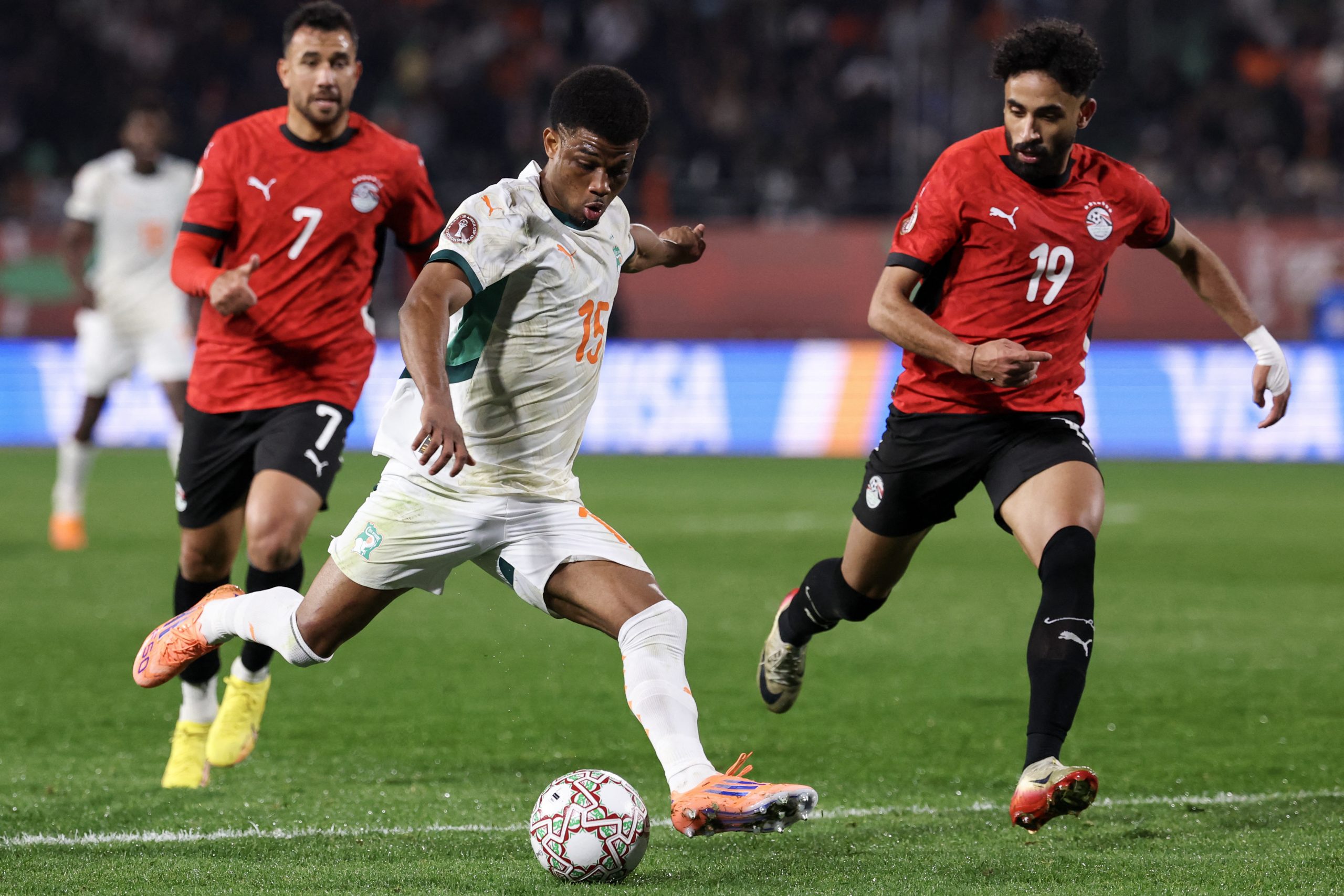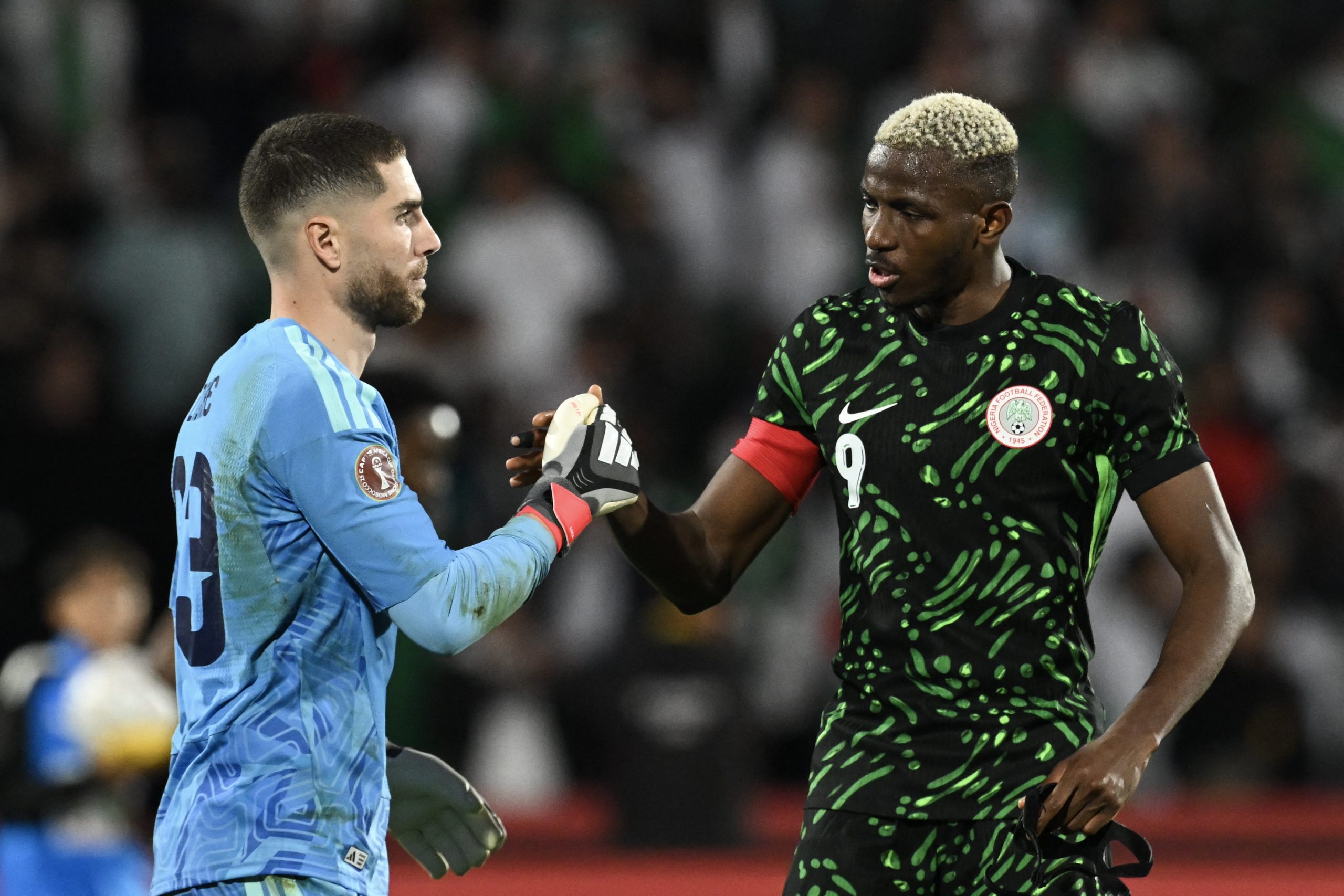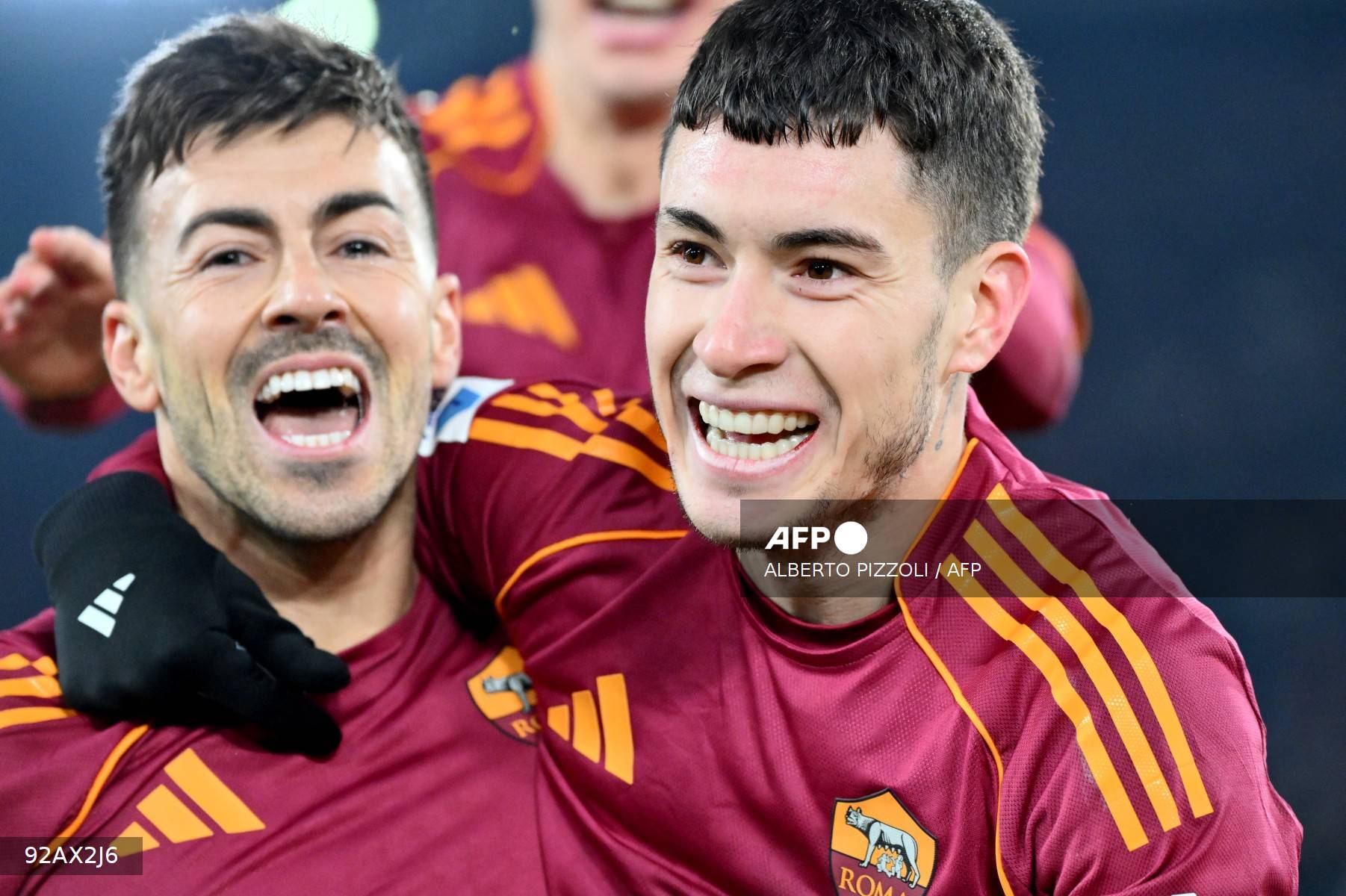Curtains fell last Sunday at the 2025 FIFA Club World Cup without a Nigerian flag flown at the soccer festival. That conspicuous absence summarises the poor state of club football at home. But Nigeria can only participate in the championship when clubs fully go professional in all aspects of the game, CHRISTIAN OKPARA reports.
The 2025 edition of the FIFA Club World Cup, which recently concluded in the United States, featured the crème de la crème of elite football clubs from across the globe.
Indeed, it is one of the rare occasions where top European teams measure their strength against their counterparts from South America, Asia, Africa, and Oceania.
The new FIFA Club World Cup is an expanded version of the old Club World Cup, which featured only continental champions every year. In its new format, instead of continental champions, each continent is allowed to present multiple teams, ranging from four per confederation to 12, with the 32 teams selected based on points that they have amassed over four years.
For African teams, the fiesta presents them with an opportunity to market the best of their players and also gauge how far they have developed compared to teams from other continents.
Already, four teams have qualified for the 2029 edition of the FIFA Club World Cup, which will be held in a country yet to be decided by FIFA. These teams are the Pyramids of Egypt, which won the 2025 African Champions League, Mexico’s Cruz Azul, winner of this year’s CONCACAF Champions League, Asian champions, Al Ahli of Saudi Arabia, and European champions, PSG. The host country will also have the opportunity to present one team.
In all, Europe’s UEFA has 12 slots, and six of them will come from CONMEBOL, while Asia, like Africa and North and Central America, has four slots.
Clubs qualify on the basis of their accrued points over the most recent four seasons, based on their performances in their continental club competitions.
Africa’s four slots will be handed to the winners of the CAF Champions League for the next four years, which includes Egypt’s Pyramids, winners of the 2025 edition.
Apart from providing teams from Asia, Oceania, North and Central America, as well as Africa, the opportunity to compete with big teams from Europe and South America, the FIFA Club World Cup also offers humongous financial benefits to the competing teams, especially club sides from Africa and the Americas.
Chelsea Football Club of England, which stunned fans and critics alike by winning the 2025 FIFA Club World Cup, beating Paris Saint-Germain 3-0 in the final at MetLife Stadium in New Jersey. That victory, apart from railroading the beautiful trophy to Stamford Bridge, also earned the club a massive $114.6 million in prize money.
Beaten finalists, Paris Saint-Germain, earned $106.9 million, while semifinalists, Real Madrid and Fluminense, got $82.5 million and $60.8 million, respectively.
This year’s tournament featured a record-breaking $1 billion prize pool — the highest ever for a club competition. The prize money was split into two categories: $525 million for participation and $475 million based on performance.
Each club received a base payment for participating and additional money based on match results. For example, a group stage win earned $2 million, a draw earned $1 million, and knockout stage progress brought increasing bonuses — up to $40 million for the winner.
For making the quarterfinals, Bayern Munich, Borussia Dortmund, Palmeiras, and Al Hilal of Saudi Arabia got $58.2 million, $52.3 million, $39.83 million, and $34.2 million, respectively.
The round of 16 clubs like Manchester City, Inter Milan, Benfica, Juventus, Flamengo, Botafogo, Monterrey, and Inter Miami received $51.7 million, $36.8 million, $32.2 million, $26.6 million, $27.71 million, $26.71 million, $21.05 million, and $21.05 million in that order.
The African clubs, which did not go past the group stage of the competition, also cashed out, with Mamelodi Sundowns, Egypt’s Al Ahly, Esperance, and Wydad Casablanca pocketing $12.6 million, $11.56 million, $11.6 million, and $9.6 million, respectively.
The prizes the African teams got from the Club World Cup have further given them the weapon to fortify their teams and be ready for more wins that will put them back in reckoning for the 2029 edition of the championship.
This is because for any African club to get into the money bracket, it must be among the top four ranked CAF teams in the next four years. This is a tough task for Nigerian clubs given that the country’s highest-ranked team in Africa, Remo Stars, is placed a distant 33rd in the pecking order, and will need to do extremely well in this year’s CAF Champions League to move up the ladder. They will, however, gain an automatic spot in the 2029 FIFA Club World Cup if they win this year’s Champions League.
Following Remo Stars in the CAF ranking are Rivers United (formerly Dolphins), ranked 35th, while Enyimba, which is out of all CAF competition next season, are ranked 38th.
Nigeria’s representatives in the CAF Confederation Cup, Abia Warriors and Kwara United, are not in consideration as their campaign is in a lesser-reckoned competition. Even then, they are not listed among the continent’s top 40 teams.
So, given the scenario, what must Nigeria do to see its clubs in such elevated company as the FIFA Club World Cup in 2029?
A former chairman of the defunct MFM Football Club of Lagos, Godwin Enarkhina, who led the club to the CAF Champions League in the 2018 season, said it is still possible for a Nigerian club to break into the top four, adding, however, that such a club must be ready to conduct its affairs the right way.
“Four years is a long time from now, and a lot of things can change in football on the pitch, but not off it,” he said. The veteran journalist, who is the chairman of Lagos-based Nigerian National League (NNL) side, Sporting Lagos, said: “Unless we are intentional with the way we see the game in Nigeria, it will take a miracle for a Nigerian clubside to win the CAF Champions League at least in the next three editions to make the FIFA Club World Cup. The factors are many.
“The first thing is to get state governors to hand off the running of football clubs. It’s not a crime for governors to own clubs, but as long as they continue to see them as public relations outfits or even corporate social responsibility, and not business, we won’t make any progress.
“Infrastructure is another huge challenge hindering the progress of club football in Nigeria. Our pitches are very bad, and our stadiums are not built to be football-friendly. The clubs are not well funded, the incentives for players and officials are just too low to keep and attract the best legs in our league.”
According to Enarkhina, Nigerian clubs must adhere to the Confederation of African Football (CAF) club licensing rules if they desire progress. He added: “These talks about ownership structure, the business of football, management of the game, infrastructure, etc. When you run a club professionally, you’ll attract the best coaches and players from anywhere, within and outside Nigeria, which means you’ll have a chance to compete.”
Pointing at Enyimba’s successes in the 2003 and 2004 seasons, when they won the CAF Champions League and the CAF Super Cup back-to-back, Enarkhina said that the Aba-based club achieved the feat because of quality management, consistency in management, quality players, and the financial support of the then Abia State Governor, Dr Orji Uzor Kalu.
“This is now alien in Nigerian football club ownership. Coaches and chairmen of club sides are now employed and charged with winning immediately, or they will be fired without any form of support from the owners of the clubs.
“Let’s go back to the Enyimba template where we attracted the best players from all over Africa and beyond, keep majority of players recruited for a good number of years, allow administrators to build teams, get the best coach, and empower him with the tools he needs to get the kind of results that will make them successful,” he submitted.
For a former Enyimba Team Manager, Jude Anyadufu, who was part of the management team that won the CAF Champions League twice, “The basic problem in Nigeria is that there are no talents anymore? We should address the fundamentals. Our clubs cannot face teams such as Al Ahly or Simba of Tanzania, which buy Nigerian players for $200,000 and $300,000, and we are not talking about Al Ahly, Zamalek, or Mamelodi Sundowns, which pay much more than that.
“Half of Nigeria’s best league players, a couple of years ago, are now playing in the Benin Republic. Nobody is addressing this. Why? It is because the pay here is low. Apart from the money being low, some clubs don’t keep to their promises when it comes to finance. Can you imagine that a player will negotiate for a N400,000 monthly salary and only get about N150,000? These factors ensure that most of the best talents run away from the country. And you cannot win a trophy or anything tangible in Africa if you don’t have the best materials around to execute it.”
Anyadufu said that the only way to get Nigerian clubs to compete on equal terms with the best on the continent is by enticing corporate bodies and private individuals to come into football management.
Such bodies, he said, will be in a good position to structure their teams as profit-making ventures that depend on successes on the field for survival.
The unchecked proliferation of football academies, he said, is a disservice to the country’s football because such academies are “made only for profit” and not for developing new stars.
“In every nook and cranny of Nigeria is an academy, but their products are shipped abroad and sold off for profit. Players are no longer interested in playing for Enyimba, Ikorodu City, and 3SC. So, who feeds these clubs? I’ve been asking these questions. Who feeds them? The academies’ only aim is to sell players to Europe to make money. It doesn’t work that way.
“In those days in Enyimba, we picked the best players from Abia Warriors, Abia Comets, and all those teams in Abia and neighbouring states during the FA Cup competition and invited them to Enyimba. But now, everybody wants to sell their best players to teams in Europe. Running a competitive football club in Nigeria now is not easy.”
Anyadufu lamented that the just-concluded FIFA Club World Cup has further enriched African teams that participated, and they now have more money to buy and retain some of the world’s best players.
Africa’s best team at the 2025 FIFA Club World Cup, Mamelodi Sundowns of South Africa, paraded four South Americans, who earn between N29.9 million (R350,000) and N59.9 million (R700,000) per month. These include Lucas Ribeiro, a Brazilian, who earns N29.9 million (R700,000), Chile’s Marcelo Ivan Allende Bravo, a 2018 South African Games gold medallist, who earns N36.8 million (R430,000), Gaston Sirino, an Uruguayan international winger (N34.2m, R400,000) and Erwin Mario Saavedra, a Bolivian, who is on N29.9 million (R350,000) a month.
“It is unfortunate that when Enyimba won the African cups, the Club World Cup was not there yet. We would have been there. Now Nigerian clubs are going to compete in the Champions League, alongside Mamelodi Sundowns of South Africa, which has just received $12 million from the Club World Cup, and is most likely to comb Africa to pick the best players available.”
Coach Fidelis Ilechukwu, whose team, Enugu Rangers, could not go beyond the group stage of the CAF Champions League in the 2023/24 season, elected to go blunt in his submission thus: “We are not ready to win the Champions League, when we are ready, all of us will put our hands on deck and do the needful. Can you compare the structure of Enyimba and the quality of players when they won it back-to-back to what we have now? Enyimba was one of the best teams then and were constantly adding quality players to fortify the team, and we saw the result.”
He said the current teams cannot afford the best players from the country because football stars will always go where their talents are better appreciated.
“When you pay a player N500,000 and a club in Morocco, Libya, Egypt, Sudan, among others, is ready to offer him N2m, what do you expect?”
He also said that playing on adopted grounds because the club’s facilities are not good enough to host CAF games also affects Nigerian sides.
For over four years, all Nigerian teams have been forced to play their home games at the Godswill Akpabio Stadium, Uyo, which is the only FIFA-certified facility. “This is a problem,” he said, “because it means that teams now play games without their fans. However, you look at it, fans play a big role in lifting their teams, and the support of most of our teams has been lacking in recent years.”






